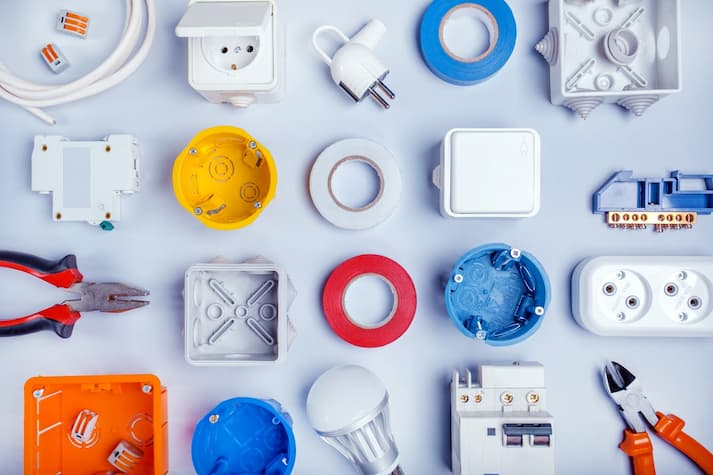Firm raises alarm over counterfeit electrical products

Financial pressures in Africa have led to a surge in demand for cheaper products, creating a lucrative market for counterfeiters.
This has even extended to electrical goods which have infiltrated between 40% to 80% of markets on the continent, posing a potentially lethal risk to millions of consumers. At best, they simply might not operate, but in the worst case, these products may result in unprotected installations, with burns or electrical shocks being inflicted on users as a result. In severe circumstances, fires or fatalities occur.
“Unfortunately, wherever there is demand, counterfeiters will find opportunities to profit,” points out Dr Andrew Dickson, Engineering Executive at CBi-electric: low voltage. “A case in point is solar power systems which have been surging in popularity especially in South Africa. This has led to a flood of uncertified components and substandard solar panels, raising concerns from the electricity minister and local solar companies.”
“Despite the risks, the tempting price tag of counterfeit electrical products keeps them in high demand,” he notes. “Consumers are unfortunately unaware of the implications of these purchases. This short-term focus on price, coupled with the absence of immediate consequences can lead to a preference for cheaper counterfeit goods.”
Illustrating the long-term cost-implications for consumers, Dr Dickson compares a cheap counterfeit circuit breaker to a more expansive one that is genuine. “The short-term savings might seem appealing, but the potential repercussions are severe. A malfunction could lead to damage to property or personal injury, so the total cost of losses from a counterfeit product far exceeds the initial savings gained from their purchase.”
He highlights that a key difference between real and counterfeit electrical goods lies in the materials used.
With manufacturers of these items cutting corners, this translates to the use of substandard materials. For example, instead of using tested and compliant plastic materials that are non-flammable or self-extinguishing to produce products and components, they use cheap, untested, and non-compliant alternatives. This is a huge health and safety hazard as they are highly flammable, do not self-extinguish and may also produce toxic smoke, making the electrical installation unsafe and consequently putting the consumer at risk.
Dr Andrew Dickson
Beyond safety, he shares that investing in compliant electrical goods offers a wealth of benefits that far outweigh a cheaper version as these products typically last longer since they are made with better materials and construction. “Compliant products offer an extended lifespan, saving consumers money on replacements. In addition to comprehensive safety assessments, these products undergo accelerated life tests which include exposure to harsh environmental conditions such as aging and salt spray. They also perform better and are more efficient.”
Dr Dickson observes that despite efforts by African governments to implement safety, quality, and environmental regulations for electrical goods, the primary challenge lies in the blatant disregard by counterfeiters. “This, however, is being driven by the demand for cheaper, non-compliant products, and is a trend evident not only among individuals but also businesses and even government institutions.”
news@theenergyreview.com
Discover more from THE ENERGY REVIEW
Subscribe to get the latest posts sent to your email.


